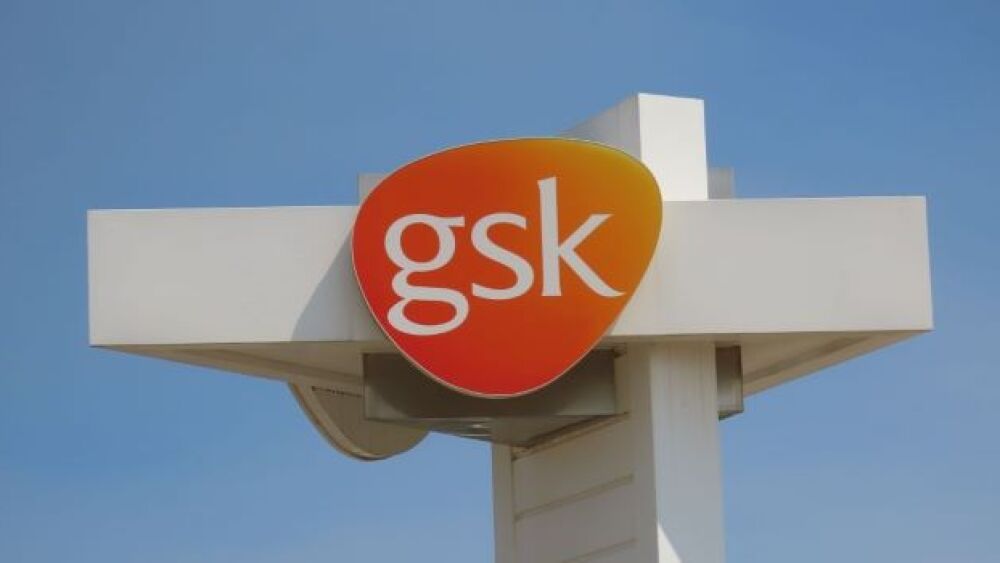GlaxoSmithKline shares jumped in aftermarket trading Wednesday after the WHO recommended broad deployment of the company’s malaria vaccine in sub-Saharan Africa and other areas.
Cristina Arias/Cover/Getty Images
Shares of GlaxoSmithKline jumped in aftermarket trading Wednesday after the World Health Organization (WHO) recommended broad deployment of the company’s RTS,S malaria vaccine in sub-Saharan Africa and other regions with high transmission rates of the mosquito-borne virus.
The WHO announcement marked the first malaria vaccine recommendation for the global health organization. The rollout will primarily begin in regions with moderate to high P. falciparum malaria transmission, the deadliest malaria-spreading parasite. Malaria takes the lives of more than 260,000 children under the age of 5 each year in these regions. The WHO made its recommendation based on results from an ongoing pilot program in Ghana, Kenya and Malawi, including more than 800,000 children.
WHO Director-General Dr. Tedros Adhanom Ghebreyesus called the recommendation a historic moment and said the GSK vaccine is a breakthrough for global health.
“Using this vaccine on top of existing tools to prevent malaria could save tens of thousands of young lives each year,” Ghebreyesus said in a statement.
GSK’s RTS,S is the first malaria vaccine to have demonstrated the ability to significantly reduce malaria in children in clinical studies. In the pilot studies in the African countries, the vaccine provided a 30% reduction in deadly severe malaria. Data showed that the vaccine, combined with seasonal antimalarials administration, lowers clinical episodes of malaria, hospital admissions with severe malaria, and deaths by around 70%. Supporting data was published in August in the New England Journal of Medicine. The WHO recommendation is to provide four doses of the vaccine in children five months old and above.
Thomas Breuer, M.D., chief Global Health Officer at GSK, expressed excitement about the recommendation and pride in culminating years of research and testing that led to the moment.
“This long-awaited landmark decision can reinvigorate the fight against malaria in the region at a time when progress on malaria control has stalled. Both real world evidence and clinical trial data show that RTS,S, alongside other malaria prevention measures, has the potential to save hundreds of thousands of lives,” Breuer said in a statement.
In anticipation of the rollout, GSK has committed to donating up to 10 million doses of the vaccine in programs across the countries and donate an additional 15 million doses each year. The company said it would work with partners in the region to ensure an equitable rollout of the vaccination program. GSK said a product transfer, including technology transfer for long-term antigen production, is also underway with Bharat Biotech of India.
The WHO will also work with partners to secure funding for the broad distribution of the vaccine.
Dr. Matshidiso Moeti, WHO regional director for Africa, said they have long hoped for an effective vaccine against malaria due to the significant issues the mosquito-borne illness has caused over the centuries. Moeti said the recommendation provides a “glimmer of hope for the continent which shoulders the heaviest burden of the disease and we expect many more African children to be protected from malaria and grow into healthy adults.”





